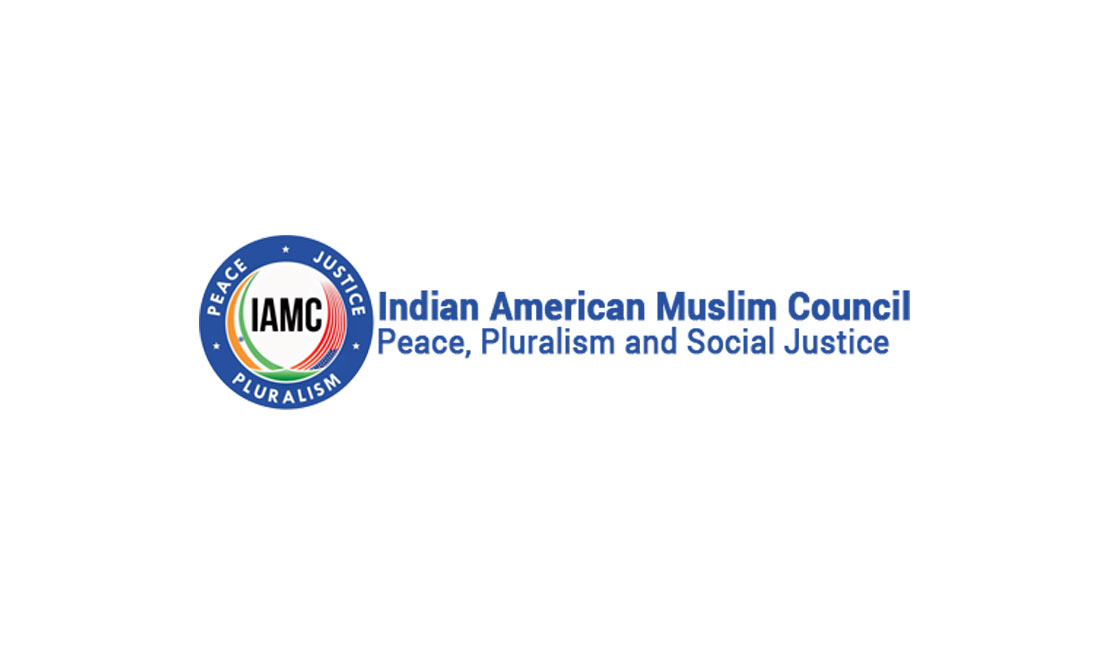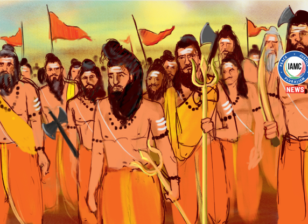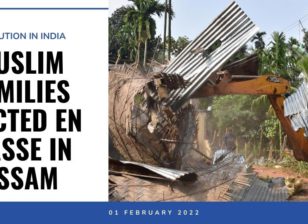‘No Land’s People’ – the story of ‘systemic’ disenfranchisement in India
Abhishek Saha’s book, No Land’s People, starts on a personal note. His grandmother, Alata Rani, entered the state of Assam holding her father’s hand in 1949. After living in that state her entire life, she was labeled a ‘Doubtful Voter’ (D Voter) and her name was not included in the final National Register of Citizens (NRC), an official record that contains the names of all Indian citizens the state considers legal.
Saha’s grandmother, however, is not the only one. Almost 1.9 million people have been left out of the final NRC, putting their citizenship in limbo. Saha’s book extensively deals with this saga of systematic exclusion.
The Northeastern region of India has been through tumultuous decades of political upheaval. Continued immigration from neighbouring Bangladesh and erstwhile East Pakistan has been a bone of contention…. With this in mind, in 2015 the state of Assam embarked on the ambitious task of preparing a register of Indian citizens. The National Register of Citizens (NRC) was first implemented in Assam in 1951, and it was turned into a pan-India exercise after the rightwing government led by Prime Minister Narendra Modi came into power in 2014…. Saha’s book deals with multiple aspects of the issue….
The article originally appeared in TRT World.




